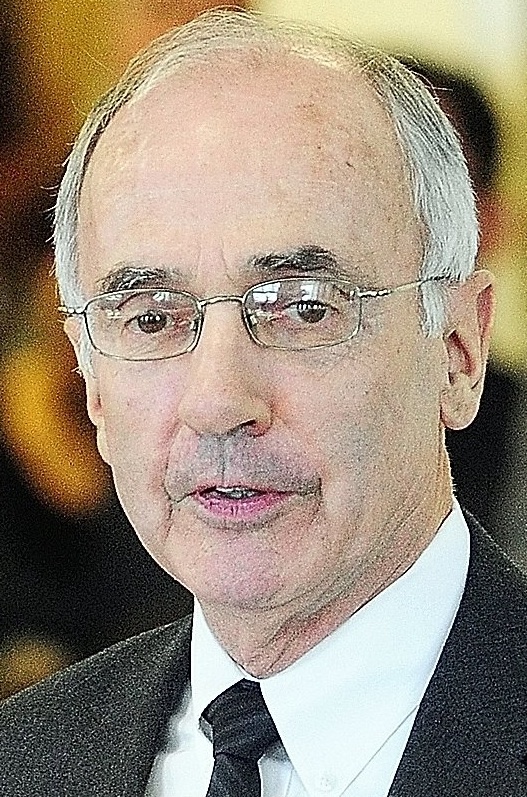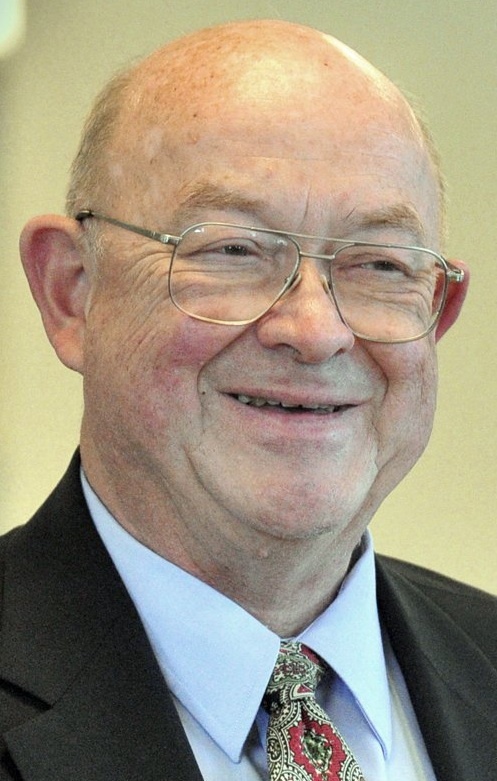AUGUSTA – It has been less than four months since Gov. Paul LePage took the oath of office, but he already has lost his communications director and two Cabinet members.
The resignations of three officials in two weeks is raising questions about LePage’s management abilities.
While some political observers are praising him for being a decisive executive who can make tough decisions quickly, others say LePage could have avoided the problems with an adequate process for vetting candidates and identifying potential risks.
The upheaval reflects a “devil-may-care” attitude of LePage and those around him, said Sandy Maisel, professor of government at Colby College in Waterville.
“It’s a carelessness and callousness about the importance of state government,” said Maisel, a Democrat. “It works much better in campaigning for governor than governing Maine.”
But Douglas Hodgkin, a retired political science professor from Bates College in Lewiston, said a shake-up in a new administration is not unusual.
He said a governor has a short time — from the election in November to the inaugural in January — to find people for 16 Cabinet posts, and almost invariably there will be appointments that don’t work out.
He said last week’s resignations of two Cabinet members, Darryl Brown in the Department of Environmental Protection and Phil Congdon in the Department of Economic and Community Development, showed that LePage was able to make decisions quickly.
“He made the right call to quickly accept the resignations of both of them, rather than holding on and trying to ride out the storm,” Hodgkin said.
In contrast, other political leaders at times have put such a high premium on loyalty that they have kept controversial subordinates too long, he said, causing more political damage for themselves.
He pointed to the criticism that President Ronald Reagan endured for refusing to fire his attorney general, Edwin Meese, who was under investigation at the time for a scandal involving a company that was seeking defense contracts.
Congdon’s departure last week was prompted by criticism of offensive remarks he made last month at two events in Aroostook County.
Congdon, who retired to Maine eight years ago after a career in business management, had no experience with economic development when LePage nominated him to be the state’s economic development commissioner. The two men met last year on the campaign trail.
Brown resigned after it became apparent that his ownership of an environmental consulting firm could violate conflict-of-interest provisions in state and federal law, and make him ineligible for the job.
To prove otherwise, Brown would have had to allow the financial records of his company to become public. It was a step he was unwilling to take.
Brown took a new job as director of the Maine State Planning Office, which would be eliminated under LePage’s proposed budget for the next two years.
The governor’s critics say that Brown’s potential conflict of interest should have been discovered by the administration before he was nominated.
Dan Demeritt, who was LePage’s communications director, resigned two weeks ago, after it became public that he faced foreclosure on five buildings.
While LePage’s willingness to part with his appointees is seen by some as a sign of his flexibility, the loss of three key people so early in the administration points to a lackadaisical vetting process, said Ronald Schmidt Jr., chairman of the Political Science Department at the University of Southern Maine.
Being governor is an enormously difficult job, and the public may be willing to cut LePage some slack because he’s new at it, Schmidt said. But if the public comes to believe that LePage lacks the basic skills required for the job, it will turn against him.
“The patience of the people of Maine is going to run out,” Schmidt said.
LePage’s supporters say the governor handled himself well last week.
Robert Moore, president and CEO of the Dead River Co., said LePage moved faster than he expected, and was right to refuse to talk about Congdon’s resignation because it was a personnel matter.
Moore said LePage did what most good chief executives would do if one of their people stepped out of line. Before his election, LePage was general manager of the Marden’s discount retail chain.
Moore, who was legal counsel to Gov. John McKernan from 1986 to 1987, said one of the biggest challenges for every governor is filling Cabinet posts.
He said the jobs require a high level of skill, and many potential candidates don’t want them because they are not permanent and the salaries are lower than what highly qualified people can earn in the private sector.
Cabinet members earn about $100,000 a year, based on pay scales set by the state.
“It’s a challenge. No question about it,” Moore said of the task of finding Cabinet members. “Some of your choices are better than others.”
MaineToday Media State House Writer Tom Bell can be contacted at 699-6261 or at:
tbell@mainetoday.com
Send questions/comments to the editors.





Success. Please wait for the page to reload. If the page does not reload within 5 seconds, please refresh the page.
Enter your email and password to access comments.
Hi, to comment on stories you must . This profile is in addition to your subscription and website login.
Already have a commenting profile? .
Invalid username/password.
Please check your email to confirm and complete your registration.
Only subscribers are eligible to post comments. Please subscribe or login first for digital access. Here’s why.
Use the form below to reset your password. When you've submitted your account email, we will send an email with a reset code.